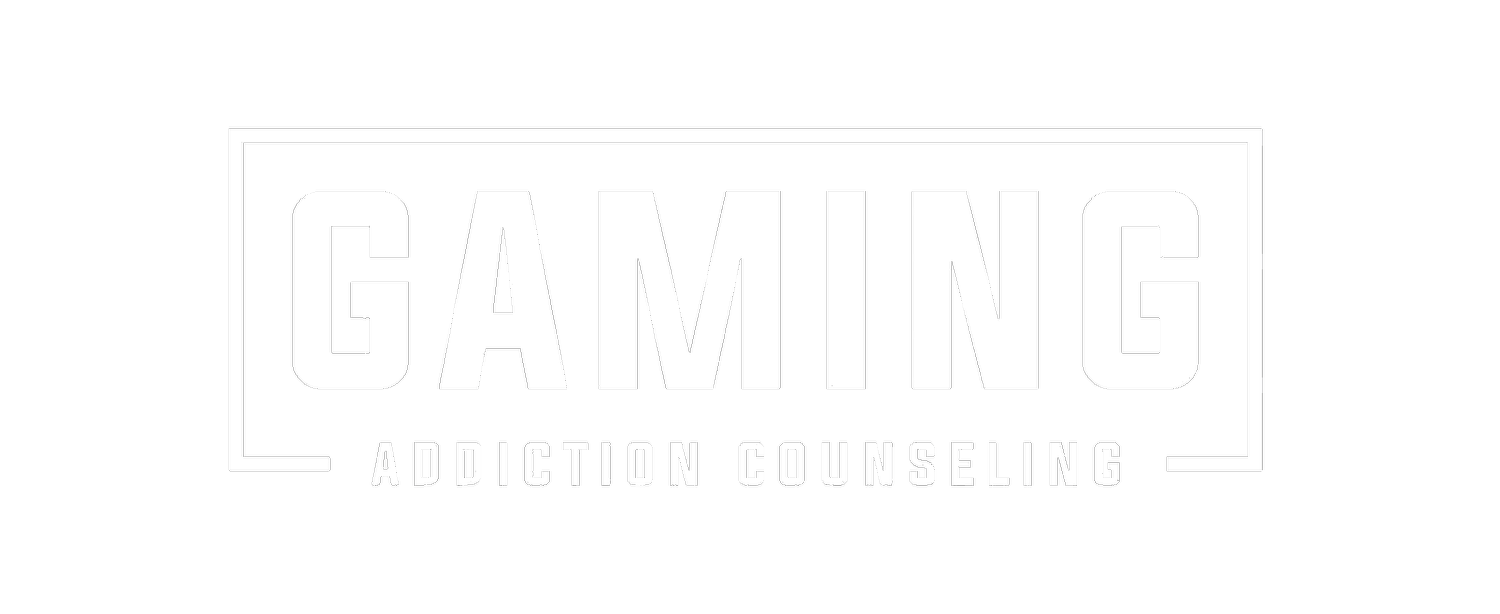Quitting Video Games
Where to Begin and End It All
A little over two weeks ago, I decided to stop playing video games. I use the word “decided” as I intentionally took stock of what gaming had done in my life, and realized it wasn’t worth it. There was some disgust that came with the motivation to quit as well. Gaming was no longer fun, but it still took up precious time in my life. This is where I want to relate my experiences to those interested in the process of stopping gaming. I want to provide a guide through quitting gaming cold-turkey. Let me start with how I came to stop, and what my experiences were through the first couple of weeks. I will follow this up weekly (hopefully) as I continue this journey.
How I Knew Something Was Wrong
I found myself lagging on completing some of the weekly required tasks of maintaining a therapy practice. In addition, Running, writing, and home projects took a back seat to game playing. Also, I found myself giving up time with my wife at night using the excuse “she’s busy doing other things”. That wasn’t a lie as she did (and does) continue to work into the night, but I found myself removed completely from our relationship equation. I no longer planted random kisses on her, or creatively distracted her letting her know I was still there. My relationship was suffering, and I hated it.
Ironically, my game playing had suffered as well. I wasn’t really diving into the vast world of Fallout 4 as I normally had in the past. I realized I was playing just to play. There were these self-appointed meaningless quests I HAD to finish with no joy to gain from them. I had played through Fallout before, but it was different this time around. I found myself just going through the motions, and it was so boring. The habit of playing at night had taken over. I understood the bad habit that formed, I just wasn’t ready to give it up. To be clear, I didn’t quit right away when I had realized my problem. It took a month and change before the gaming became insufferable. I still wonder what finally took my hand off the mouse. I don’t think credit should be given to me, and I want to explore that in future posts. For now, let’s move onto some of the benefits and difficulties that came after the gaming stopped.
Benefits
- Stopped wasting time playing games; had more free time.
- Started consistent, productive routines.
- No longer had brain fog or feeling like a zombie.
- Able to maintain attention better when reading.
- Figured out why I had been binging on video games.
- Increased availability for spontaneity.
- Felt like I had more energy.
Difficulties
- Could not stop my mind from racing at times.
- Felt increased stress and anxiety.
- There was a pull to come back to gaming, but it wasn’t irresistible.
- Wasn’t sure what to do with my free time (Bigger problem than I thought it would be).
- Reminded of responsibilities I had put off.
- Other technological entertainment had taken over as a substitute.
My Understanding So Far
1. I realized was that gaming is something I can’t do casually. The completionist in me will not allow that. Either I play games to their bitter end (RPG’s), or I don’t play at all. Therefore, cold turkey was the best solution to the problem I was facing.
2A. I was using the long gaming sessions as a way to cope with many of the things I was trying to avoid. The anxiety that comes with therapy can be significant at times, but not unmanageable. Unfortunately, video games had transported me to a place where I could ignore ALL of my anxiety. Trading some anxiety for no anxiety and feeling good with a gaming buzz was an easy decision… in the moment. However, avoiding anxiety means coming back to it, and it hitting harder than it did before. This showed me what the cycle of gaming addiction looked like for me.
2B. Irritability was not one of the symptoms I experienced after stopping. I only was irritable if people interrupted gaming sections that required immense amounts of concentration or had a good payoff at the end of the section.
3. My internal management of negative emotions was hindered due to relying on external sources for alleviation for long periods of time. The week following my cessation from gaming was bombarded by anxious thoughts and negative emotions. The experience was so intense I wanted to split my head open and yell at my brain to stop working. Over time, and after working out some of the problems I was having, the constant rumination and negative feelings subsided. It was like the mental overload was my mind and body resetting itself back to normal.
4. The pull of gaming was not more than I could bare. I feel like I got off easy. Only a couple of times did I feel the craving to play games occur; however, it was not out of my control. The pull felt more like wanting coffee in the morning than the endless suck of a blackhole. Some of the people on the gaming addiction facebook groups recount tales of suffering trying to stay away from gaming as if they were getting off of heroin addiction. This may change in the following weeks if I encounter some highly stressful life situations.
5. As my free time increased, I found it difficult to fill. I noticed I started substituting videos and commentary for video game playing. I’m trying to understand why these activities became the substitute. While writing this, I found myself watching a politically steered video and am not sure why I was. Maybe this is a way for my body to get some digital stimulation that it was lacking.
In no way is this exhaustive, but I wanted to provide some kind of map for what someone may experience and how they may be able to overcome it while recovering from gaming addiction. I’ll end with some advice I found helpful while on the journey:
- Check in with what your body and mind are wanting and what wants have changed?
- Call yourself on lies and excuses to game. Be honest with yourself about the habits.
- Forgive yourself and give yourself some grace. It’s not easy.
- This isn’t 1 dimensional. Ask yourself, as gaming has decreased, what things have increased?
- Tell someone who wants you to succeed what you are trying to do.
- Keep note of what you have gained and what you have lost.
- Reduce the amount of opportunities to game. Uninstall games, take consoles/computers out of the bedroom.
- Find your gaming triggers and avoid them in the beginning stages.


